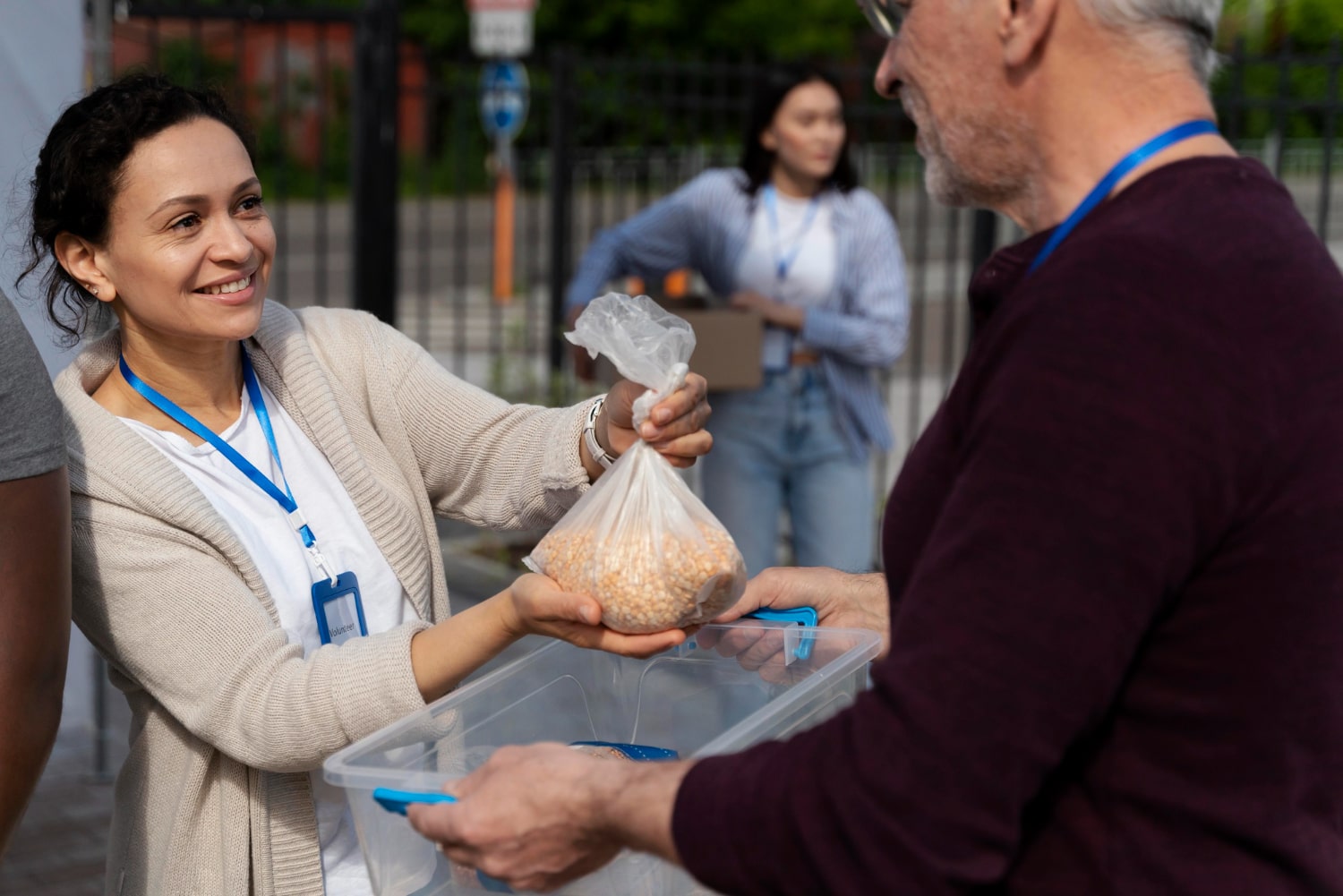Empowering the Future: NGOs Promoting Education

Empowering the Future: NGOs Promoting Education

Introduction
Education is the cornerstone of human development and progress. It has the power to transform lives, eradicate poverty, and build prosperous societies. However, access to quality education remains a challenge for millions of children and adults worldwide. In this blog, we will explore the vital role that non-governmental organizations (NGOs) play in promoting education, breaking down barriers, and fostering inclusive learning environments.
The Global Education Crisis
Despite significant progress in recent decades, a global education crisis persists. According to UNESCO, over 258 million children and youth were out of school in 2018. Many factors contribute to this crisis, including poverty, gender inequality, armed conflicts, and lack of resources. These challenges are often more pronounced in developing countries, where access to education is limited, and educational infrastructure is inadequate.
The Role of NGOs in Promoting Education
NGOs are at the forefront of efforts to promote education and address the global education crisis. They play a pivotal role in bridging gaps, advocating for policy change, and providing essential resources. Here’s how NGOs make a difference:
- Increasing Access: NGOs work tirelessly to ensure that marginalized and underserved communities have access to education. They often establish schools and learning centers in remote areas, offering opportunities to children who would otherwise be left behind.
- Quality Education: NGOs focus on improving the quality of education by training teachers, developing curricula, and providing learning materials. They emphasize interactive and child-centered teaching methods to enhance the learning experience.
- Inclusivity: NGOs are champions of inclusivity in education. They advocate for gender equality, disability rights, and the inclusion of minority and marginalized groups. Their initiatives create environments where every child can thrive.
- Teacher Development: NGOs invest in teacher training programs to enhance the skills and knowledge of educators. Well-trained teachers are essential for delivering quality education.
- Community Engagement: NGOs engage with communities to raise awareness of the importance of education. They involve parents and local leaders in educational initiatives, making them active stakeholders in the process.
- Advocacy and Policy Change: NGOs work with governments and international organizations to advocate for policies that prioritize education. They push for increased funding, improved infrastructure, and the removal of barriers that hinder access to learning.
NGOs Making a Difference
Several NGOs around the world are making significant strides in promoting education:
- Room to Read: This organization focuses on literacy and gender equality in education. They have impacted the lives of millions of children by establishing libraries, publishing books in local languages, and supporting girls’ education.
- Teach For All: Operating in over 50 countries, Teach For All recruits and trains young leaders to teach in underserved communities. Their approach is rooted in the belief that every child deserves access to an excellent education.
- Malala Fund: Founded by Malala Yousafzai, the Nobel laureate and education activist, this organization advocates for girls’ education worldwide. They work to break down barriers and ensure that girls have the opportunity to learn and lead.
- Pratham: Focused on India, Pratham runs innovative education programs, including the Read India campaign, which has helped millions of children improve their reading and math skills.
- Camfed: Operating in several African countries, Camfed empowers girls and young women to access education and become leaders in their communities. They provide scholarships, mentorship, and support to marginalized girls.
Conclusion
Education is a fundamental human right and a powerful tool for transforming lives and societies. NGOs are playing a critical role in promoting education, breaking down barriers, and advocating for change. Their dedication and efforts are helping to create a world where every child has the opportunity to learn, grow, and thrive. As individuals, we can also support these organizations and contribute to the global movement for quality education. Together, we can empower the future and build a brighter, more inclusive world for all.

Leave a Reply